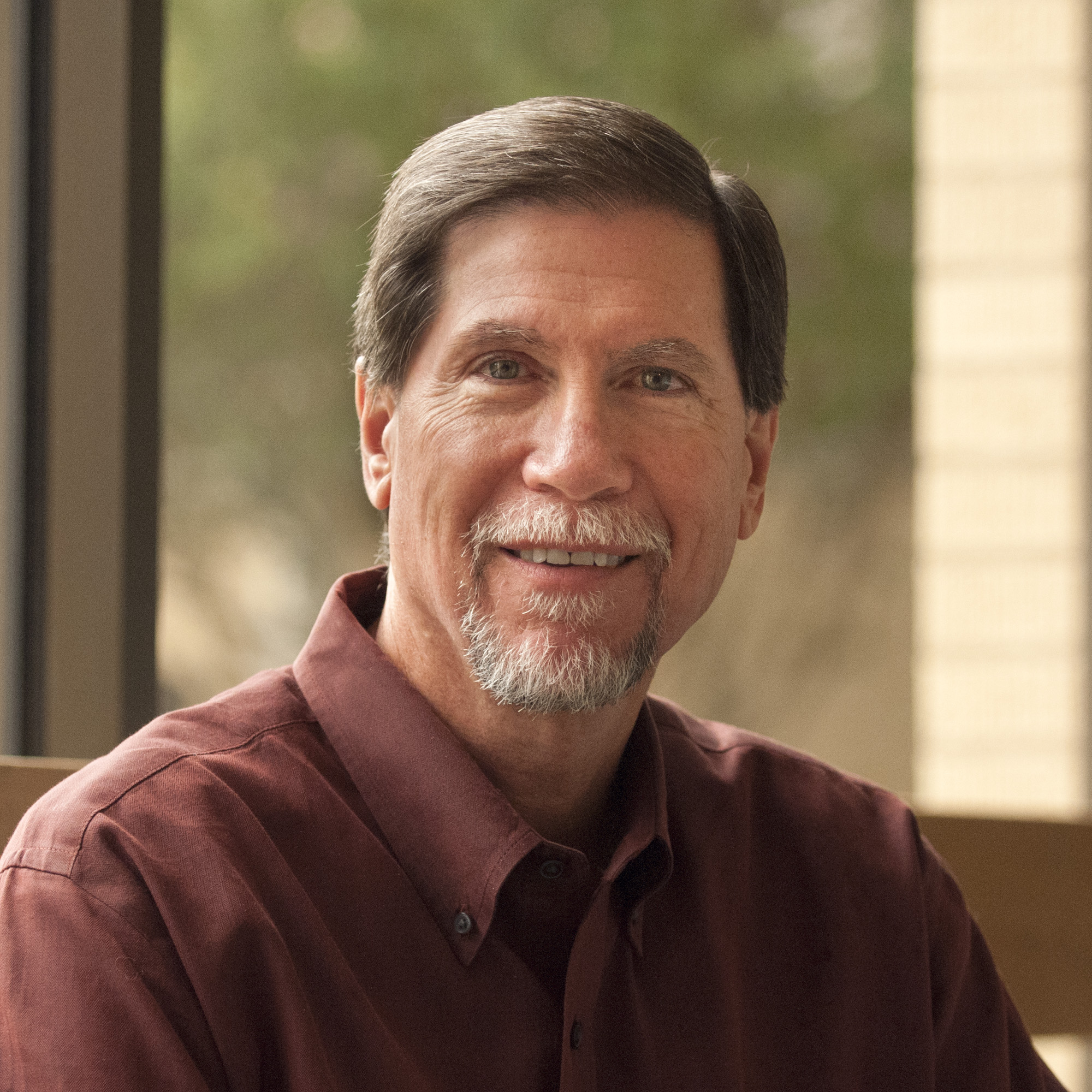Earthen Vessels: Hopeful Reflections on the Work and Future of Theological Schools
Aleshire, executive director of the Association for Theological Schools in the United States and Canada, presents an insightful picture of theological education as it is and as it hopefully can and should be in the future. He admittedly uses what he calls an “appreciative inquiry” to identify the strengths and weaknesses of theological education and how these shape its future. By his own admission the work is not a “scholarly assessment,” but it is thoughtful.
Aleshire knows much about which he speaks. He holds the MDiv degree from Southern Baptist Theological Seminary in Louisville, Kentucky, and the MA and PhD degrees in psychology from George Peabody College for Teachers in Nashville. He served on the faculty of Southern Seminary from 1978 to 1990 before joining ATS. As executive director of ATS he has been an influential and calming voice in the midst of turbulent change in theological education over the last decade.
The image of “earthen vessels” from 2 Corinthians 4:7 is important in Aleshire’s thinking about theological education. For him theological education is a treasured work of ministry, and theological schools, like “jars of clay,” are characterized by remarkable durability. Yet they also require “care and attention to last.” As do earthen vessels, theological schools have irregularities and imperfections and a noticeable lack of uniformity. Aleshire notes that, unlike wineskins, the earthen vessels that are theological schools can hold both old and new wine, and they are uniquely capable of adapting to meet the changing landscape of theological education in the twenty-first century.
By taking this approach, Aleshire aims to inform school boards, administrators, faculty, and donors who want insight into the world of theological education. Aleshire writes that the “book is organized in three parts: issues related to a case for theological schools, the tasks related to the work of the schools, and the partners with whom theological schools do their work.” Ultimately the future of theological education will be determined by how well theological schools understand their past history and heritage. Theological education will also be shaped in the coming decades by the changes in higher education as a whole and by how schools balance learning, teaching, and research with the practical considerations of ministry. Theological schools will require adaptive and insightful leadership and the ability to understand the needs of the twenty-first-century church and its role in training a new generation of church leaders. All this must take place in the rapidly changing community of higher education.
This book is thought-provoking for those involved in the work of theological education. Despite current debates on the relevance of theological education, especially in seminaries, the fact remains that churches, more than ever, need good theological schools to provide the kind of training necessary for meeting the demands of today’s world. Theological schools are earthen vessels. One can only hope that they will not find themselves lost in antiquity like the jars of clay that spawned Aleshire’s thoughtful reflections in this book.
About the Contributors

James H. Thames
Dr. Thames has served in a variety of academic administrative roles since joining the seminary staff in 1984. He joined the faculty in 1989 when he became registrar. While in the registrar’s office, he was involved in establishing a professional association for registrars and admissions officers for theological schools. He returned to the academic dean’s office in 1997, where he continues to serve now as Academic Dean. His areas of special interest include teaching process, one of his favorite courses to teach, and administration and accreditation in Christian higher education. His years of experience in academic administration at DTS have given him a unique perspective and backdrop for his classes. In addition to his ministry at the seminary, Dr. Thames, an ordained minister, has been involved in overseas ministry and is active in his local church, including several years of service as a teacher and member of the board of elders. Both he and his wife, Laurie, grew up in Colorado and have a love for the outdoors. In fact, most of their vehicles are easily identified by the Colorado Native bumper sticker they sport. Dr. Thames and his wife have two married daughters and two delightful granddaughters.
